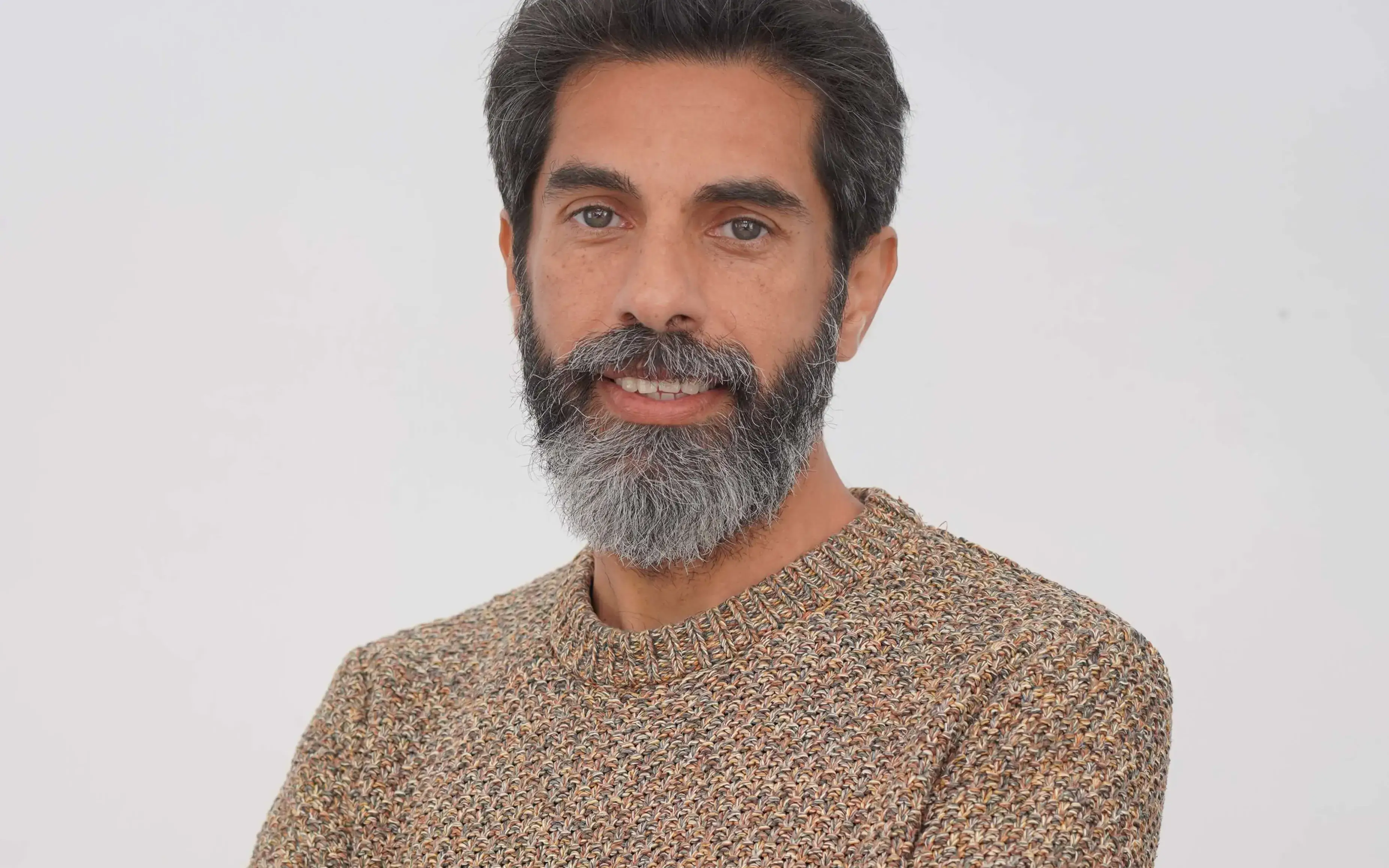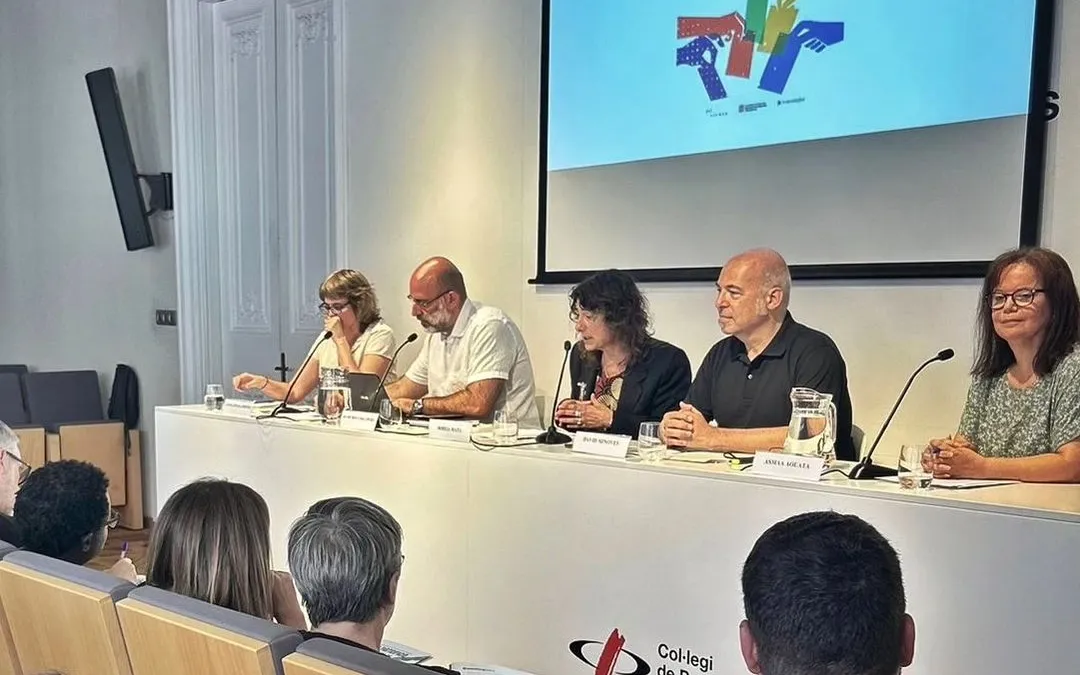Democratic Memory and the Roma People: A Day to Acknowledge the Past and Build a Fairer Future

On the 24th of January will be celebrated the "Democratic Memory and the Gypsy People: 600 Years of shared history", organized by the entity Rromane Siklǒvne.
What is the main objective and how was the idea of organizing the day conceived as the "Democratic memory and the Gypsy People. 600 years of shared history"?
The aim of the day is to review the past of the Roma people, analyze how anti-Gypsyism has been constructed throughout history and analyze how democratic memory policies can provide elements to recognize and to dignify the Roma people and their culture. At a more specific level, this day is part of a scope project European called Jekhipen, which tries to promote policies based on the framework of transitional justice in order to promote the fundamental principles of equality and non-discrimination with the Roma population.
What are the main challenges you have encountered when organizing a day of these characteristics? What is the response you expect from the public?
To meet our goals, we needed at least two tables that they could talk about history, but also about the future. The first table will be composed of two historians and the second table will include institutions such as the Parliament of Catalonia, Barcelona City Council and European Roma Institute for Arts and Culture. A key to our organization is that the message shared by both tables will be very rigorous and from positions of institutional and academic responsibility. The history table will share researches on Francoism that are still very little disseminated and have not reached the associative world, and on the other hand, the institutional table will clarify which ones steps must be taken to advance in the political field to advance in the field of democratic memory with the Roma people.
And we hope that the public participates in the dialogue constructively and, that their participation, serves to generate complicity and synergies to move forward together, in a network, in this area.
If you had to highlight a key message that this conference wants to convey, which one would it be? What are the main topics that will be discussed during the day?
This day should serve as a turning point, to start breaking with a past of institutional violence and generate new policies that depart to accept the historical persecution of the Roma people and its current effects on the Roma population and society in general.
The first table will discuss anti-Gypsyism, Francoism and the footprint that the whole history of persecution left, especially the dictatorship, in our society. The second table will discuss policies of democratic memory and reparation and promotion of Roma culture.
What is the importance of analyzing the history of persecution of the gypsy people in the framework of democratic memory policies?
Democratic memory policies must serve so that both institutions such as public opinion are aware of this past, assume it and take reparative measures, which break once and for all the spiral of marginalization and racism that affects the Roma people.
Could you provide examples of democratic memory policies or initiatives that are already being implemented and could inspire solutions for the Roma people?
At the state level, a democratic memory commission is underway starting his way. In Germany and Sweden they also carried out commissions the truth, and commissions against anti-Gypsyism. Sweden also made a white book on anti-Gypsyism in the country, recognizing the institutional persecution conducted against the Roma people. There are other policies of a more reparative nature such as the creation of cultural institutions, as may be the case of European Roma Institute for Arts and Culture, or projects to recover the Romani language, like those carried out in Catalonia through the Integral Plan for the Roma People.
How would you assess the involvement of public institutions and society in general in recovering this memory?
In recent years, the concept of democratic memory and historical memory policies has gained popularity. However, it is a highly controversial topic due to resistance from parts of the state and society to confront the darker aspects of their past, particularly during the Civil War and the dictatorship, where divisions from 1936 still seem to persist.
In this delicate terrain of historical memory, the Roma people also have much to claim. If approached seriously, significant societal transformations could occur, fostering a deeper understanding of our past and present to build a future that embraces, respects, and protects diversity as a cornerstone of democracy.
What role does Rromane Siklǒvne play in promoting these reflections and actions?
Our organization was founded with a very specific goal: to support Roma students. However, we quickly realized that our work would be meaningless if we didn’t fight against the structural racism these students face in the education system and if we didn’t promote and protect Roma culture. Thus, we began disseminating Roma history, conducting research, giving visibility to Roma culture and arts, and now it is time to channel this legacy into transformative policies that foster coexistence free from racism, prejudice, mistrust, and ignorance.
Are there plans to organize more activities or events related to democratic memory and the Roma people in the future?
Our current intention is to assess whether the Roma associative world is interested in promoting and participating in democratic memory policies. If so, we will focus on building networks. Within this framework, we might organize new conferences if we identify a demand for more information and dialogue. However, nothing is planned for now.
How can interested individuals collaborate or participate in initiatives like this?
Anyone interested in engaging in dialogue and contributing to the development of memory policies can follow the agenda of the Roma associative world in general and participate in our activities by sharing their perspectives and fostering a willingness to engage in dialogue.






Add new comment